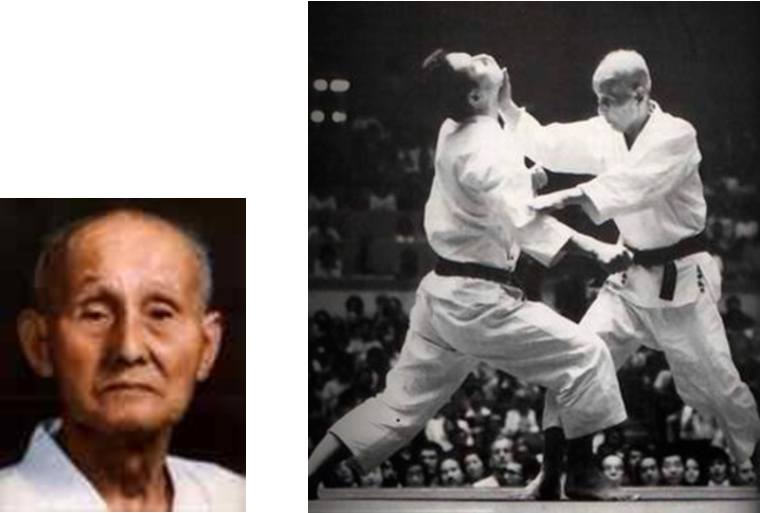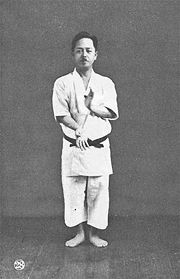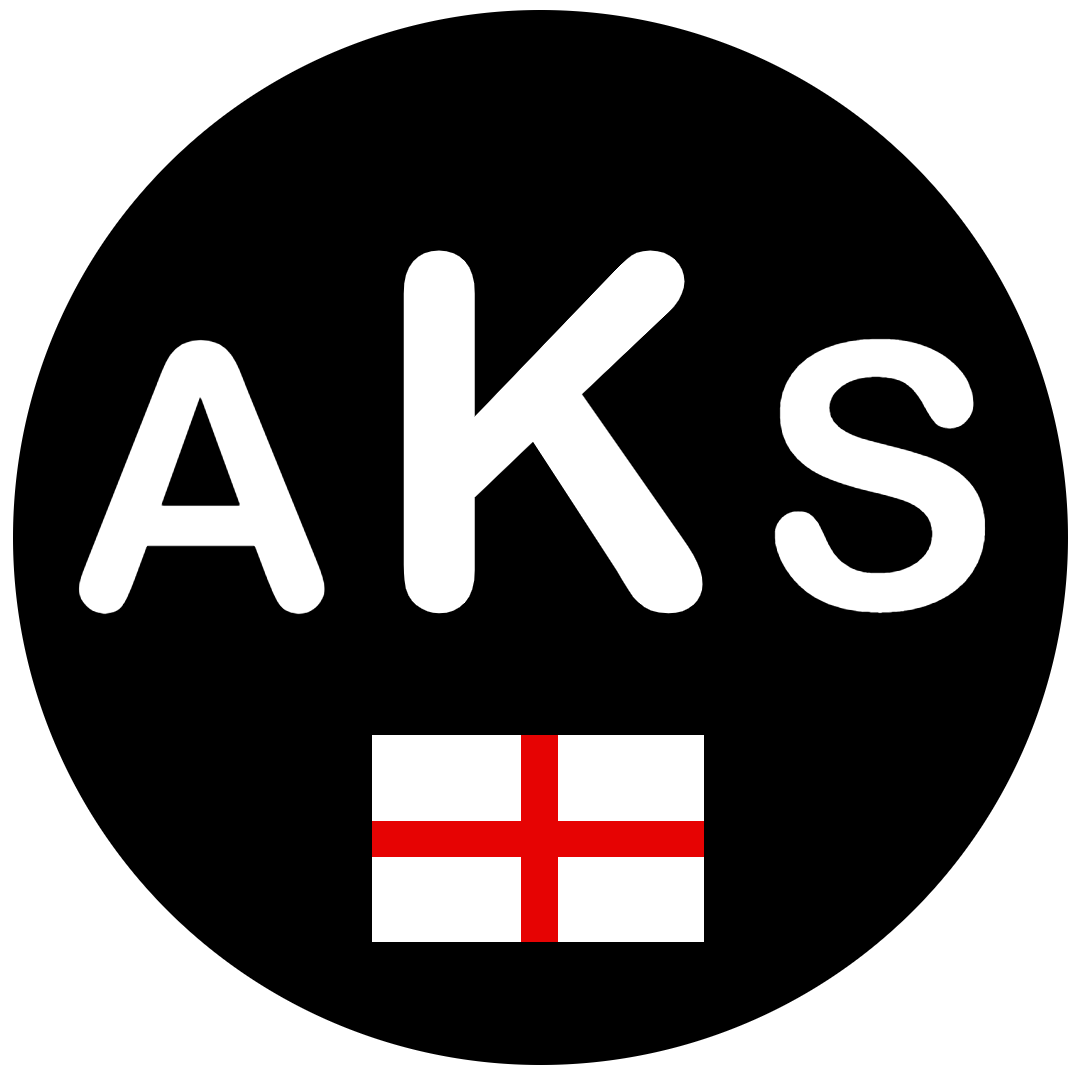The word ‘karate’ means ’empty hand’ indicating it is a fighting art without the use of weapons.
Between the year 502 and 550 it is said that the Indian monk Bodhidharma taught physical exercises with breathing techniques to his disciples in order to maintain their strength and well-being during their many years of meditation. The monks of the Shaolin Temple combined these exercise techniques with various forms of Chinese Boxing which then became the basis of many martial arts.
These arts were practised by the people of Okinawa, a small island situated south of Japan. Okinawa was invaded by the Japanese in the 17th century and fighting weapons prohibited and confiscated. The Okinawans adapted and refined a fighting system of ’empty hand’ techniques influenced by their knowledge of the Chinese martial arts, a system we now know as Karate.
Modern Karate, in the form that we recognise today, was demonstrated to the Japanese Ministers of National Education in 1922 by Master Gichin Funakoshi from Okinawa. The demonstration was a great success and the Keio University later founded Japan’s first Karate Dojo. By this time karate had become a well-structured teaching system of unarmed combat. Karate has different styles due to different teaching principles and influences of other martial arts on the founders and masters.
Today, the four main traditional Japanese styles recognised by the World Karate Federation are Wado-Ryu, Shotokan, Gojo-Ryu and Shito-Ryu. AKS students learn basics and kata (form) from two of those traditional styles – Wado-Ryu and Shito-Ryu. Working two different styles gives students variety of the principles and execution of techniques.
Over the years karate has meant many different things to many different students and influenced their lives in so many different ways. With today’s modern sometimes static consumer lifestyles, karate can play a major part in our lives essential to our physical and mental wellbeing.

Wado-Ryu founded 1934 by Master Hironori Ohtsuka (1892-1982)

Shito-Ryu founded 1931 by Master Kenwa Mabuni (1889-1952)
